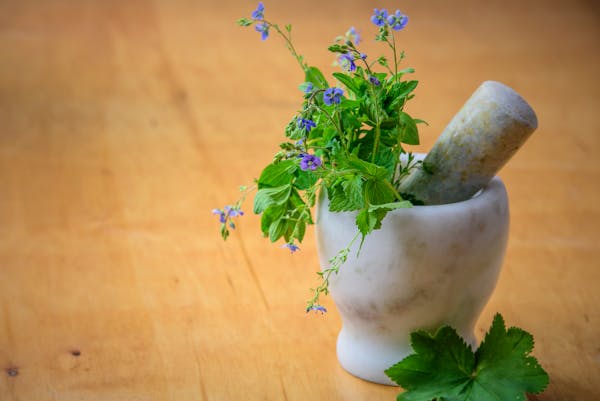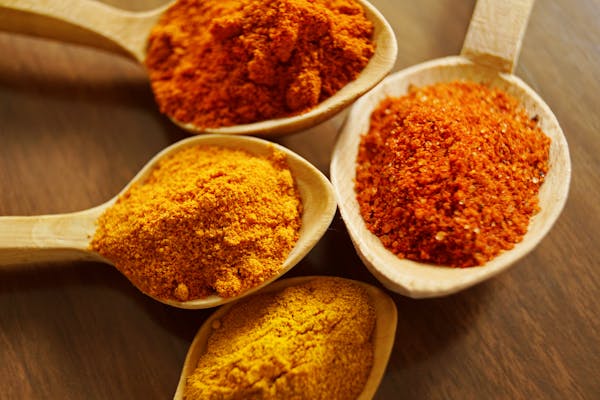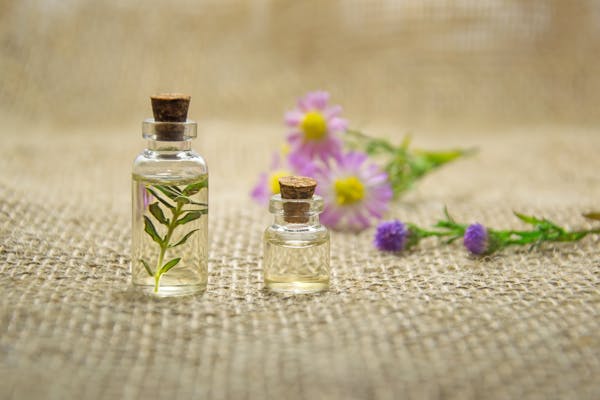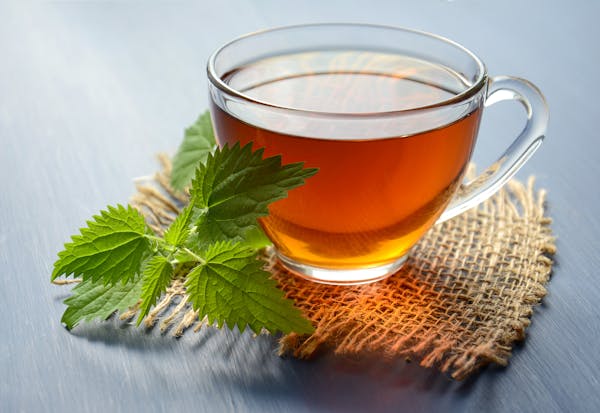Manilkara zapota commonly known as Sapodilla, grown and used extensively in India as Chikoo fruit, comprises lots of soluble dietary fiber which is beneficial for our digestive system
Manilkara Zapota or Sapodilla (Chikoo)
Did you know that Manilkara zapota commonly known as Sapodilla, grown and used extensively in India as Chikoo fruit, comprises lots of soluble dietary fiber which is beneficial for our digestive system?
Manilkara zapota (botanical name), commonly known as Sapodilla, is an evergreen tree though native to Central America, Mexico and the West Indies is extensively grown as Chikoo fruit in tropical and subtropical regions of India. Gholavad in Maharashtra, by the Arabian Sea, is famous for its chikoo orchards and Parsi homes and 'Chikoo Festival Gholavad' is a popular event held in February every year at Bordi, a coastal village.
The specific epithet zapota is from the Spanish zapote [saˈpote], which ultimately derives from the Nahuatl word tzapotl. Its Other common names include bully tree, marmalade palm and chiku. Apart from its English name of Chikoo, Sapodilla plum, in Indian vernacular langauges it is called: Sapeta' in Bengali; Chikku or Sapota in Kannada; Chikoo in Hindi; Chikku in Marathi; Chappotta in Tamil; and Sima ippacettu in Telugu.
The Zapota tree which survives for long periods only in warm, typically tropical environments as an evergreen tree, is found at medium to low elevations, usually below 600 metres. It can grow to more than 30 m (98 ft) tall with an average trunk diameter of 1.5 m (4.9 ft). However, the average height of cultivated specimens, is usually between 9 and 15 m (30 and 49 ft) with a trunk diameter not exceeding 50 cm (20 in). It is wind-resistant and the bark is rich in a white, gummy latex called chicle. Its ornamental leaves are medium green and glossy, that are alternate, elliptic to ovate. It bears white flowers, inconspicuous and bell-like, with a six-lobed corolla. The fruit is a large berry, 4–8 cm (2–3 in) in diameter. An unripe simple fruit has a firm outer skin and when picked, releases white chicle from its stem. A fully ripened fruit has saggy skin and does not release chicle when picked. A mature fruit's colour is brown. The fruit has an exceptionally sweet, malty flavor. However an unripe fruit of chikoo is hard to the touch and contains high amounts of saponin, which has astringent properties similar to tannin, drying out the mouth. Each fruit contains one to six seeds. The seeds are hard, glossy, and black, resembling beans, with a hook at one end that can catch in the throat if swallowed.
However, in some countries it is considered as an invasive species. Zapota trees cast dense shade, making it difficult for other plants to survive in the understorey. Seedlings also grow very densely, inhibiting the establishment of native plant species.
The largest producers of Sapodilla fruits are India, Thailand, the Philippines and Malaysia, but it is also grown commercially elsewhere in Asia, South and Central America, and Florida in the USA. Fruits from Gholavad chikoo orchards in the chikoo bowl of Maharashtra, are not only used as a fruit but also made into chips (air dried slivers), powder (for use in milk shakes and other purposes), pickle, barfi, and to make chocolate from thier harvested fruits. Chikoo vine and chikoo vinegar are also made in Gholavad. The story goes that the Zoroastrian (Parsi) refugees from Iran introduced this fruit bearing tree in the 7th century in Western India when a local leader called Jadhav Rana helped them to settle down in this region.
Chikoo fruits, its stem, roots and shoots are widely used. Chikoo (Sapodilla fruit) is a good source of Vitamin A, antioxidants and dietary fibers which help in keeping many kinds of cancers at bay. It comprises lots of soluble dietary fibre which is beneficial for our digestive system. Chikoo is also rich in Vitamin B and has plenty of calcium, along with other minerals like phosphorous and iron. Keeps the bones healthy and strong. Vitamin A makes it good for eyes. Vitamin B is good for nueron disorders and cardiac disease . It is also good for treating insomnia, panic attacks, dipressive disorders, and for mental relaxation. It is also used to cure urinary stones, Gall bladder stones, and Thrush in babies.
Chikoo fruits give boost to the body’s immunity to fight many bacterial infections, and hence it is called the superhero of fruits.
- Narasipur Char





















No comments:
Post a Comment